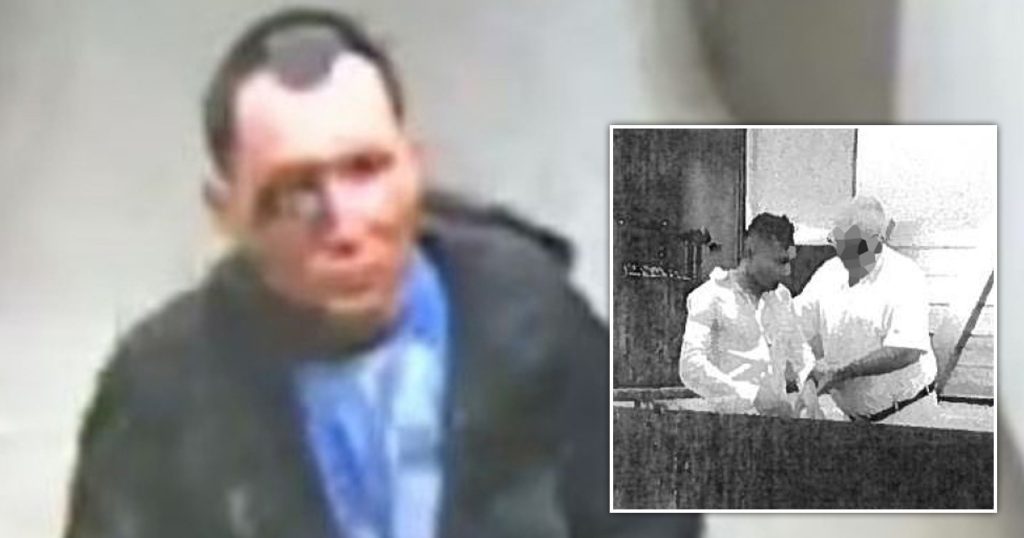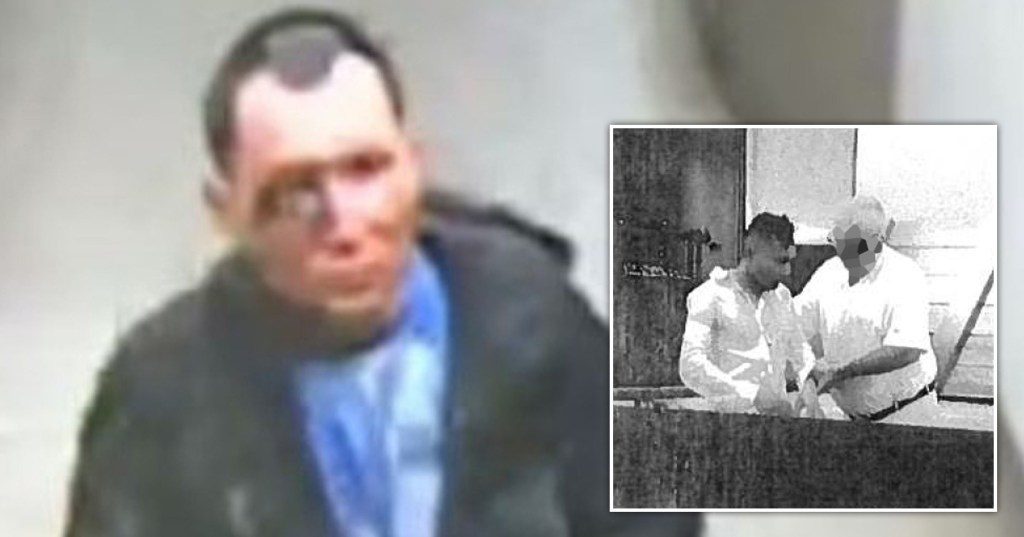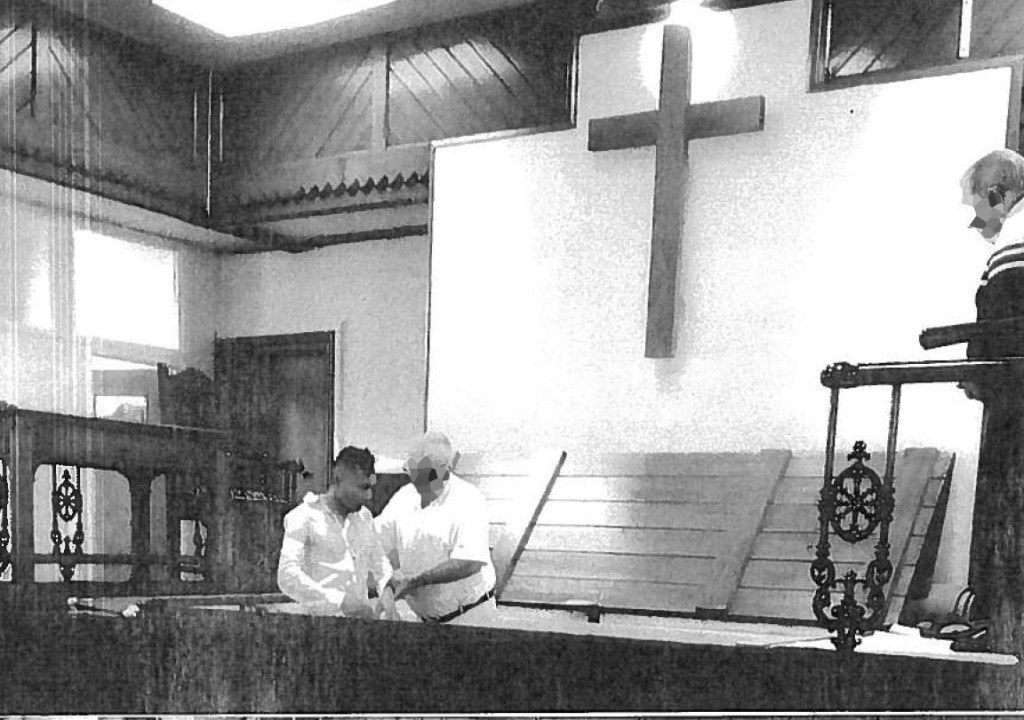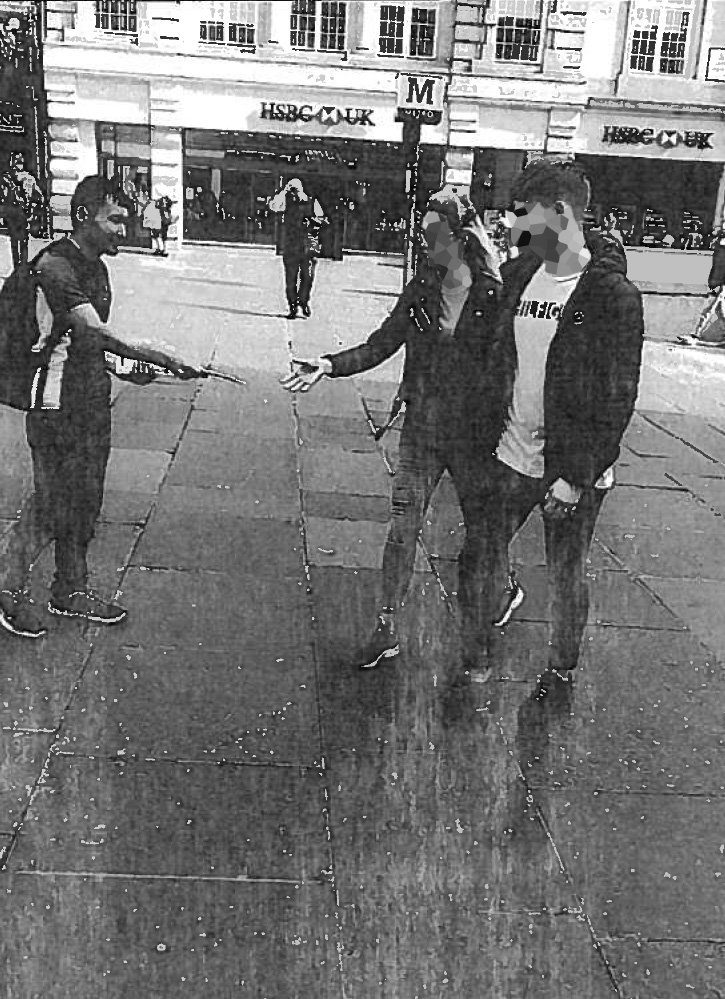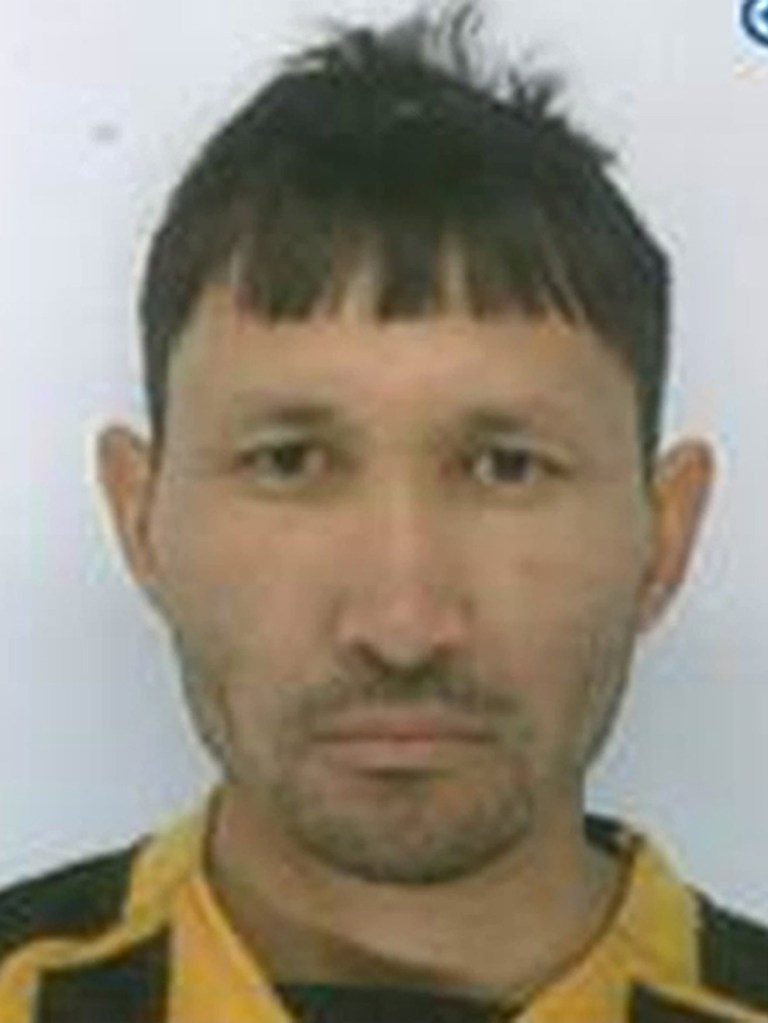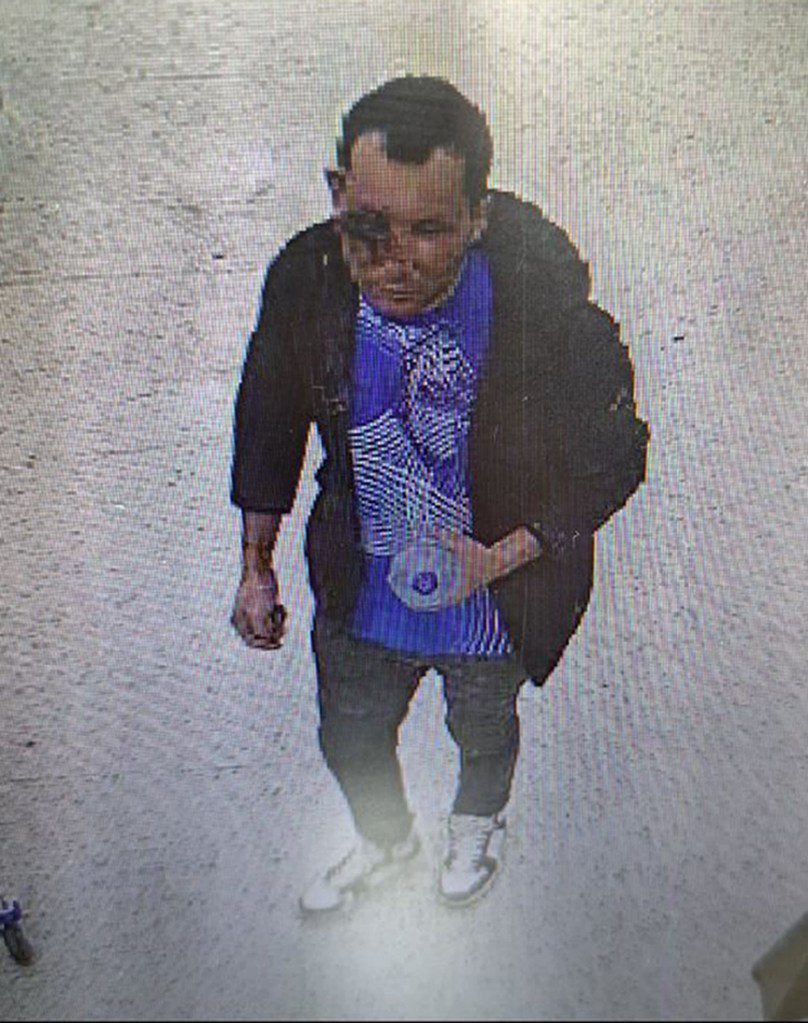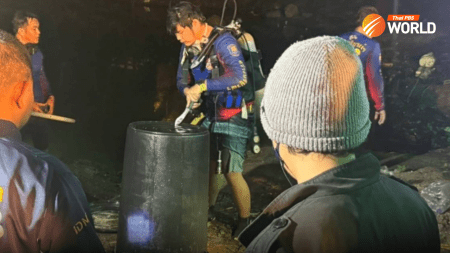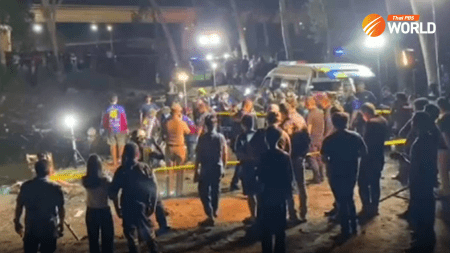Clapham Abdul Ezedi, who attacked with chemicals was given protection even though he did not pass a test about Christianity and the warning that he was ‘using religion for his own ends’. Home Office The documents from before were secret and show that Ezedi's change in religion was accepted as real even though he did not do well on basic questions about his supposed new faith.
When they questioned him to check if he really changed his religion, he said the Old Testament was about Jesus and one of the followers had the name Jacob.
Ezedi was taken out of the River Thames last month after a big search all around the country.
Ezedi's corpse was found in the River Thames last month following a nationwide manhunt. He died while trying to escape after pouring alkali on his ex-girlfriend when he surprised her and her kids, aged eight and three, in south London, in January.
He died while trying to escape after pouring alkali on his ex-girlfriend when he surprised her and her kids, aged eight and three, in south London, in January.
Ezedi’s decision to become Christian and the part it played in his request for protection started an argument about the involvement of religious leaders in changes of religion and requests for protection.
Documents from his lawyer in support of his request for protection say that Ezedi started going to Grange Road Baptist church in Jarrow in February 2016, did an Alpha program, and was ‘baptised by total immersion’ on June 24, 2018.
Unclear, black and white pictures of his baptism and his so-called street ministry, where he gave out church leaflets to people passing by, are included in the documents bundle.
The immigration court papers, which are rarely seen by the public, were obtained by media organizations after legal representatives.
These show how much effort the Afghan national went to to prove he changed from Islam to Christianity.
The papers also show that some of the people who supported him during the process knew about his crimes and how he even agreed to be watched during church services because of that.
Ezedi came to the UK on January 8, 2016, but his first request for protection was turned down by the Home Office, and a court said no to his appeal the next year, according to the documents.
It was only after that that he said that he had changed to Christianity, the Telegraph says, and that he had ‘forgotten’ to tell officials that he often went to Grange Road Baptist Church in Jarrow, Tyne and Wear.
Ezedi tried again in March 2019 by making another appeal with the First-tier Tribunal (Immigration and Asylum Chamber), saying he was afraid of being hurt because of his religion.
The government said it did not believe Ezedi's change in religion was ‘real and long-lasting’.
The government also said he had lied before, was still lying, and was willing to ‘use religion for his own ends’, the Telegraph says.
During his interview at the Home Office, Ezedi claimed that the Old Testament was centered on 'Jesus Christ', even though he said he read the Bible every day for three years.
When asked to name Jesus’s followers, he said: 'Simon, Peter, Jacob, Andrew…12 people, Disciples.'
When questioned about what God created on the third day, he said: 'Good Friday and Easter Sunday and Resurrection Day.'
However, in a ruling dated November 10, 2020, Judge WK O’Hanlon, sitting in the First-tier Tribunal (Immigration and Asylum Chamber), said that although Ezedi was not 'honest in relation to other aspects of his claim', that did not 'automatically mean that his evidence in relation to his claimed conversion could not be believed'.
The judge stated: 'After considering all of the evidence before me, despite my concerns about the honesty of the appellant in relation to certain aspects of his account, I believe that the appellant had been consistent in his evidence regarding his conversion to Christianity.'
The documents confirm that his claim was approved after a hearing in Newcastle on October 28, 2020.
Lawyers representing Ezedi argued that he had 'converted from Shia Islam to Christianity (Baptist)'.
A letter from Reverend Roy Merrin, former ministry team leader at Grange Road Baptist Church, described Ezedi as having 'established a good relationship with the other church members and is always willing to help as required'.
The letter, dated August 28, 2018, confirmed Ezedi’s baptism and stated: 'Abdul has been ready to share his faith in Christ with non-Christians.
‘I hope that this information will be of assistance, and I would support his application to remain in this country.’
The letter came eight months after Ezedi’s sex offences conviction.
He avoided jail after pleading guilty to charges of sexual assault and exposure, instead being placed on the sex offender register for 10 years and ordered to carry out 200 hours of unpaid work when he was handed a suspended sentence at Newcastle Crown Court on January 9, 2018.
An undated document entitled ‘safeguarding contract’, in Ezedi’s name, set out the conditions for his attendance at the Baptist church, in light of his convictions.
It included a requirement that he had to ‘stay in the vicinity’ of an appointed male supporter during services and was not allowed to sit alone in church ‘at any time’.
After the documents were made public, Baptists Together, a movement of more than 1,800 local churches of which Grange Road is one, said it ‘did not corporately support or sponsor’ the asylum application, and that the personal letter of support ‘commenting solely on Abdul Ezedi’s observed faith journey was written by a retired Baptist Minister’.
The safeguarding contract was agreed between the church and Ezedi and was ‘to show the church had sufficiently risk assessed Abdul Ezedi’s attendance at church, ensuring the safety of the congregation and considering if it was appropriate for him to attend’.
Baptists Together said: ‘The Home Office make the final decision on asylum applications and have access to full criminal records data to enable them to do this.’
Ezedi's lawyers argued that changing from Shia Muslim to Baptist Christian could lead to his execution in Afghanistan, supporting his asylum claim.
.





